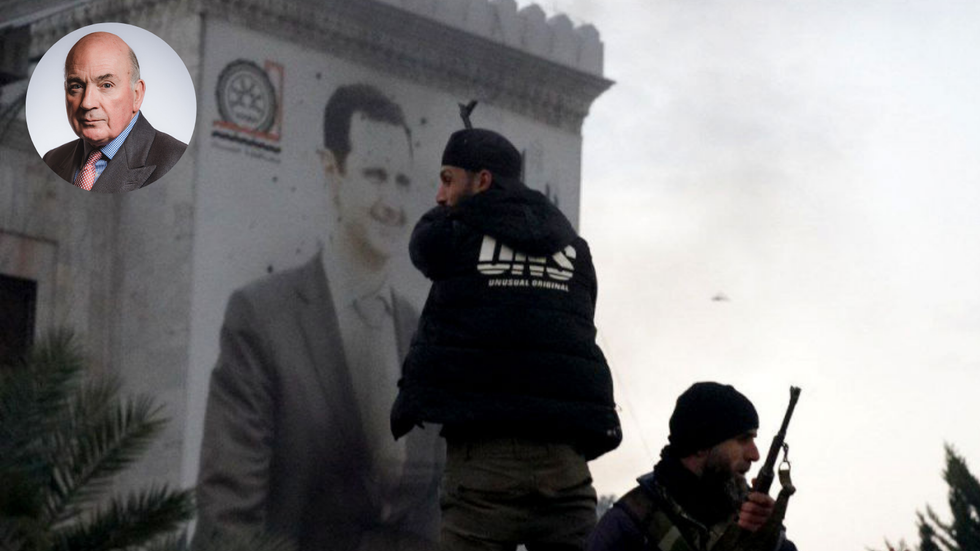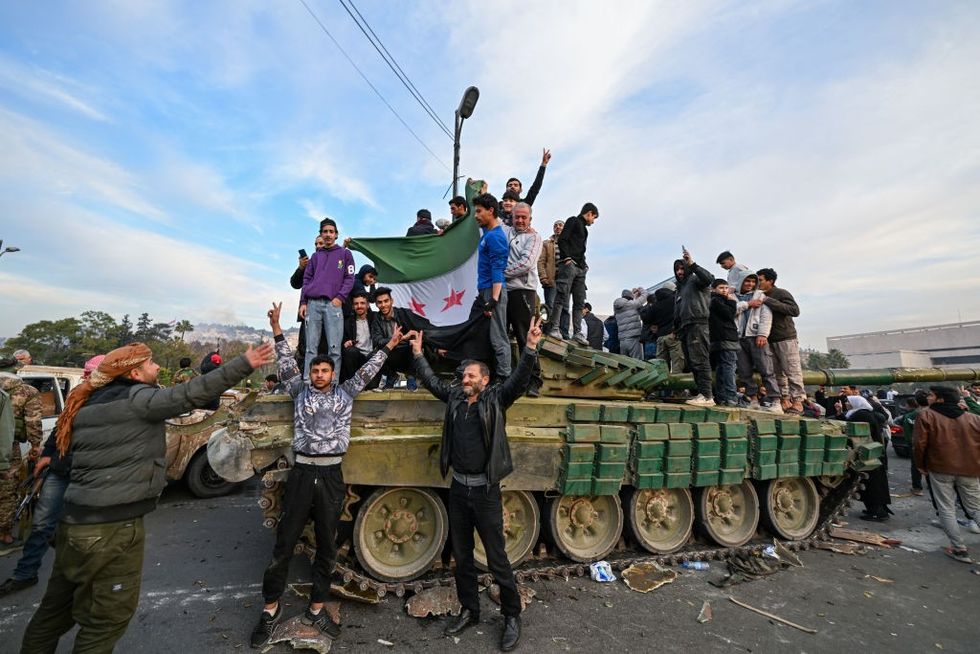Hope and fear in equal measure are the emotions experienced by most Syrians on the day after the repressive Assad regime collapsed. The midwife for this successful delivery is Abu Mohammed al Jolani but whether the new Syria will grow up happy and healthy is anyone’s guess. The track record when dictatorships fall is not encouraging.
States like Syria, Iraq, Lebanon and Libya are all early twentieth century structures created by the victorious allies after World War One. For most of their short modern histories they have only been held together by the repressive regimes of the likes of Assad, Gaddafi and Saddam Hussein. However, one can legitimately hope that the new Syria will break this mould.
Syria is an extraordinarily diverse country with a kaleidoscopic array of ethnic, religious and social groups. It is perhaps in its diversity that there are grounds for hope.
It would seem that following the failure of the Arab Spring a decade ago that al Jolani began to reposition his Hayat Tahrir al Sham group away from its jihadi origins and cutting its links with Al Qaeda in 2016.
Perhaps he realizes that replacing one repressive regime with another overpowering dogma is not the best formula for the future.
If al Jolani can build a consensus amongst the differing groups within Syrian society then the dream of Syria for the Syrians could become a reality. The next few days and weeks will begin to reveal whether this is an achievable goal or merely a pipe dream.
And what about those on the outside looking in? The biggest loser in all this is Russia, closely followed by Iran. When the West chose not to enforce its Red Lines over the use of chemical weapons in Damascus in 2013, Putin’s Russia seized the initiative.
The Russian establishment of an air base and a naval port was a small price to pay by Assad to harness Russian military power to prop up his regime.

Lord Richard Dannatt has said Syria now faces a dangerous time
GETTY
Today, preoccupied by the war in Ukraine, Putin cynically sacrificed Assad. Offering him political asylum on humanitarian grounds is the final act of that relationship. So too, Iran, through its agent Hezbollah, was forced to abandon Assad.
The Israelis have smashed Hezbollah’s political leadership and military capability. Over the last few days, Assad looked in vain for help from Tehran or Moscow.
And what should the reaction be in the West? The track record of intervention by the West in Iraq, Libya and Afghanistan has been torrid. Iraq and Libya stumble forward with fractious governance and Afghanistan is under the most repressive regime that the world has seen in modern times.

Rebels celebrating in Damascus
GB News
Western statemen should exercise restraint and allow the Syrian people the dignity to decide their future for themselves.
At some point Western and Gulf State money will be required to rebuild Syria’s shattered infrastructure but let that be the limit of external intervention. In the meantime we should hope for the best for the Syrian people while remaining fearful that these hopes may yet be dashed.